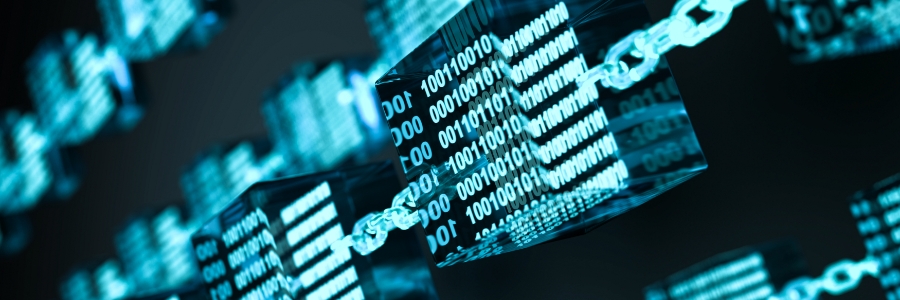 The healthcare industry is under constant pressure to adopt new technologies that will improve patient care. Blockchain, a relatively recent technology, is one of those technologies that are generating interest in healthcare. But what is blockchain and how can it help healthcare organizations?
The healthcare industry is under constant pressure to adopt new technologies that will improve patient care. Blockchain, a relatively recent technology, is one of those technologies that are generating interest in healthcare. But what is blockchain and how can it help healthcare organizations?
What is blockchain?
Although the technology is known for enabling cryptocurrencies like Bitcoin and Ethereum, blockchain has a broader use beyond an alternative form of currency. And to appreciate its importance, it’s vital to understand these three key concepts:
What is blockchain?
Although the technology is known for enabling cryptocurrencies like Bitcoin and Ethereum, blockchain has a broader use beyond an alternative form of currency. And to appreciate its importance, it’s vital to understand these three key concepts:
- Blocks
- Chains
- Decentralized networks
Blocks are encrypted data or documents. In healthcare, these can be in the form of confidential test results.
Chains make data difficult to counterfeit by linking every block with the one that preceded it using an encrypted address.
In basic computing terms, a decentralized network distributes workloads among several machines, instead of relying on just one server. In terms of blockchain, computers in decentralized networks can, therefore, check for suspicious modifications in the chain. Blocks added to the chain are distributed to all the computers in the network. When one computer tries to alter previous blocks without authorization, others can compare it with their local copies and deem it as fake.
Blockchain was originally developed to eliminate the need for central banks to process and validate transactions. This technology allows people to freely transfer money because each computer in the network can examine the chain and confirm the legitimacy of a transaction.
As a result, transactions are much safer and more efficient. They cannot be modified unless every computer in the network is compromised simultaneously. The healthcare industry can definitely enjoy benefits from this level of data security and integrity.
How blockchain technology is used in healthcare
In the healthcare industry, data loss continues to be one of the biggest problems despite healthcare companies' use of digital files. One recent report by HIPAA Journal shows that data loss is becoming increasingly common: in April 2022 alone, there were 22 healthcare data breaches that affected 10,000 or more individuals.
Here are some ways blockchain technology can address healthcare organizations' concerns regarding data loss:
- Medical histories and records can be stored in a chain that patients can access and control. If a primary care physician needs to see a patient’s medical history, they need to get that patient’s authorization first.
- Payments between banks, government entities, insurance providers, and patients can all be coordinated more quickly and without costly intermediaries.
- Healthcare equipment usage, depreciation, and life cycles can be automatically tracked in a chain to keep tabs on the status of expensive and fragile fixtures.
It's worth noting that ransomware has hit healthcare hard in recent years, and service providers are sometimes forced to rely on costly solutions to keep up with the exponential growth in digital records and security compliance. Blockchain technology can resolve both issues of security and rising costs at once.
The healthcare industry is heavily regulated, which is why adopting new technology can be intimidating. Even though blockchain has already been adopted by several organizations, you will still need full-time IT experts to assess your systems and manage your security. Give us a call if you want to learn more about blockchain in healthcare.


